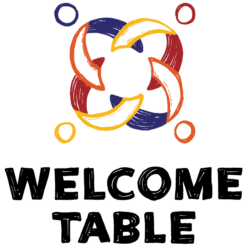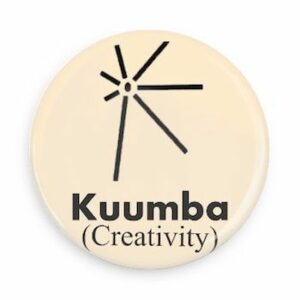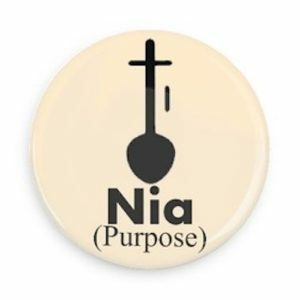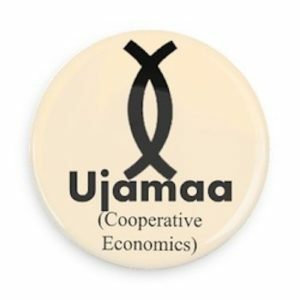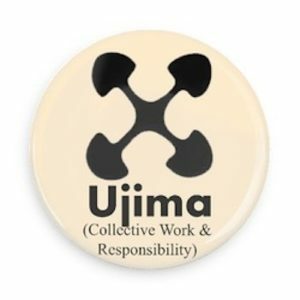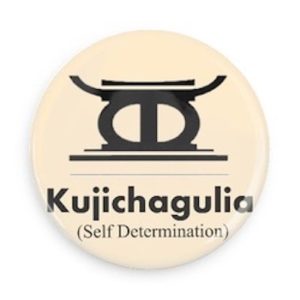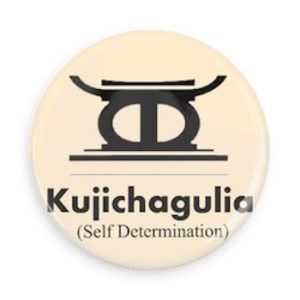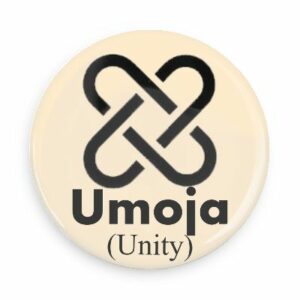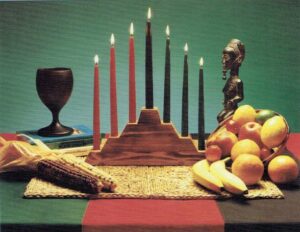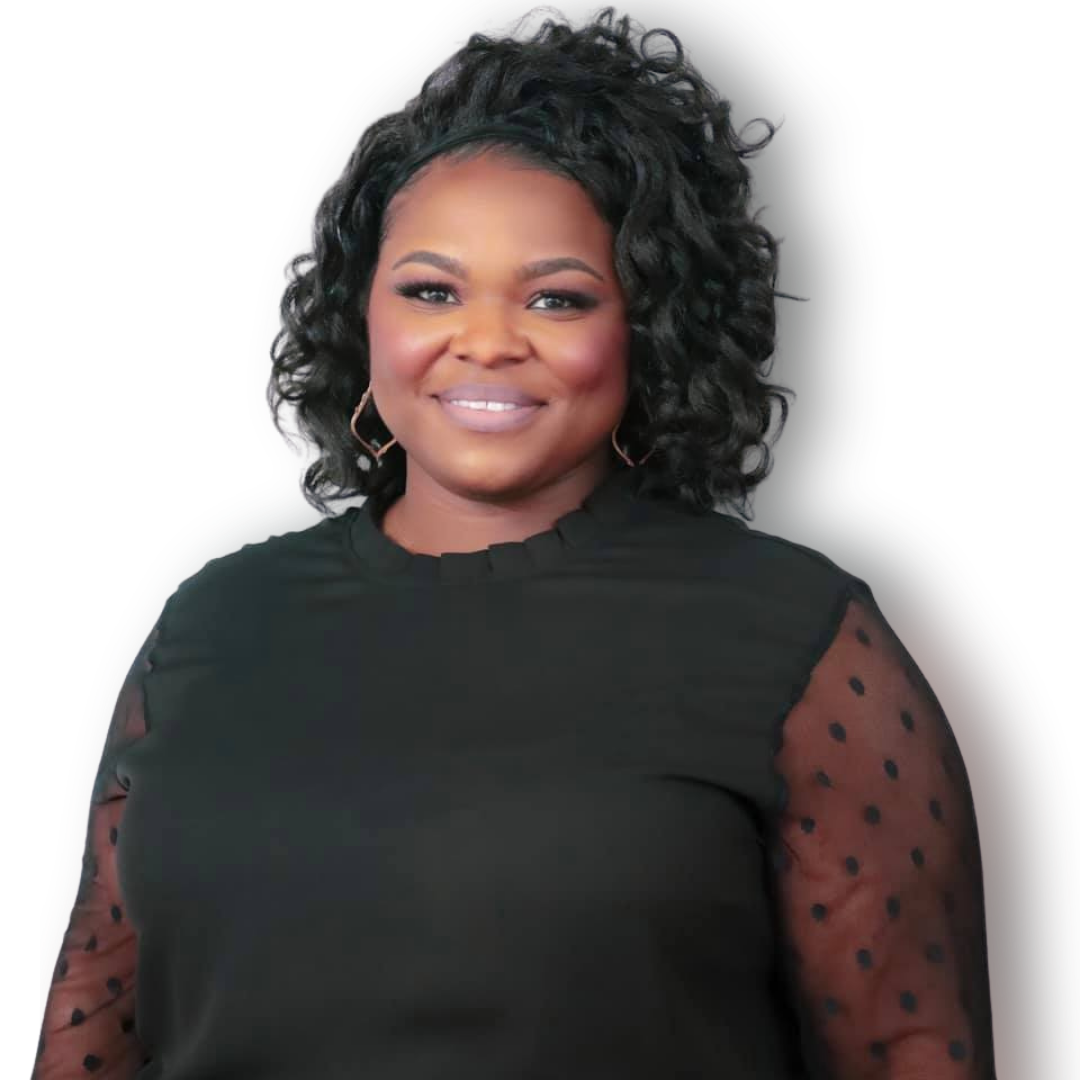Imani (ee-mah-nee)!
On the seventh day of Kwanzaa, January 1, we celebrate Faith.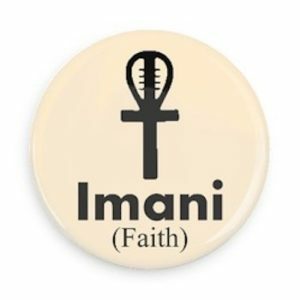
To believe with all our heart in our people, our parents, our teachers, our leaders and the righteousness and victory of our struggle.
The ancient Egyptian double symbol of the ankh (life) and djed pillar (stability, endurance) serves here as a symbol of steadfastness in commitment to the Good, the Right, and the Beautiful in life
Today we light a green candle symbolizing Imani, one of the Nguzo Saba (seven principles) that represent a guide for daily living to be practiced throughout the year.
Harambee! Let’s all pull together!
“CELEBRATING KWANZAA, CELEBRATING COMMUNITY” (excerpt)
— by Marian Wright Edelman, Founder and President Emerita of CDF
“The New Year is marked with many kinds of celebrations, but for Black families and communities who celebrate Kwanzaa from December 26-January 1, every New Year’s Day marks a renewed dedication to community. Kwanzaa is a unique celebration because it is not a religious or a national holiday but a cultural one, and it doesn’t celebrate a person or an event but a set of ideas….
…During that final Day of Meditation in Kwanzaa, people are supposed to ask themselves three questions: “Who am I? Am I really who I say I am? And am I all I ought to be?” Everyone answers these questions as an individual, but their answers should reflect how well they are playing their part in making their community function as a whole. A person’s success is deeply connected to how much value they are giving to others. At a time when our children desperately need adults to reweave the fabric of community for them, many of us need to ask ourselves the same questions. Think about how you might answer these questions—and how your own community might answer them, or how our nation would.
Are we all that we ought to be?”
Read the full essay here: “CELEBRATING KWANZAA, CELEBRATING COMMUNITY” — Children’s Defense Fund (childrensdefense.org)


